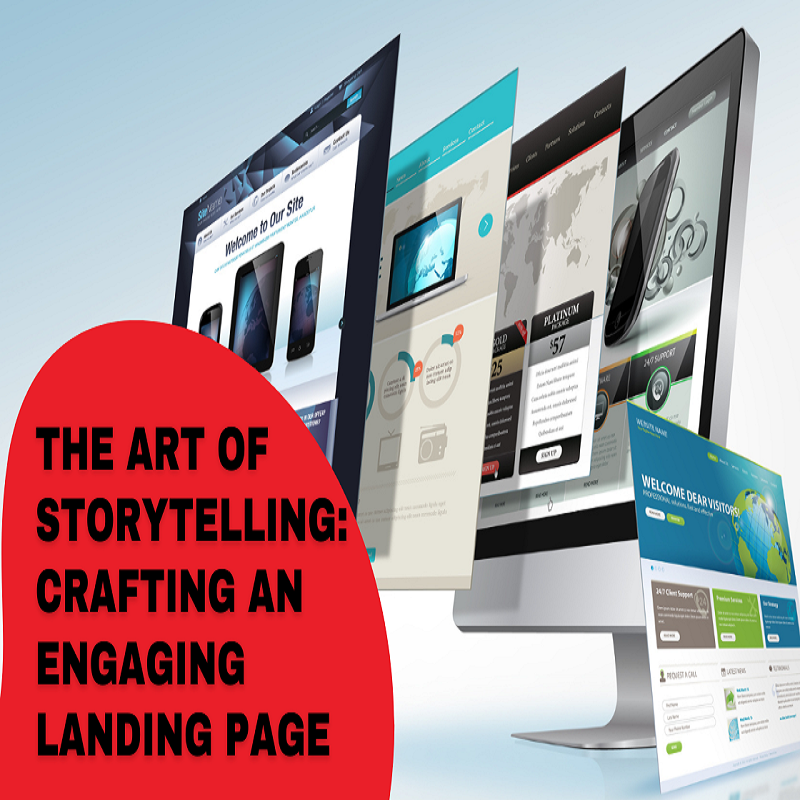Artificial Intelligence (AI) has made significant strides in recent years, with ChatGPT standing at the forefront of the AI revolution. However, as with any groundbreaking technology, ChatGPT has faced its fair share of pushback and criticism. Surprisingly, this early pushback has proven to be a valuable catalyst for AI’s future development and advancement.
In this blog, we will delve into the world of ChatGPT, exploring how the early pushback contributes to the future of AI.
Chat GPT- A Revolutionary AI
ChatGPT represents a significant milestone in AI, marked by its ability to generate coherent and contextually relevant responses to user inputs. Developed by OpenAI, ChatGPT leverages large-scale language models to process and understand human language, enabling seamless and engaging conversations. It has the potential to revolutionize various domains, including customer support, content generation, language translation, and much more.
Transformation of Chat GPT
The development of ChatGPT has seen a remarkable transformation from its initial iterations to the present state. Early versions of GPT lacked control over generated outputs, often producing inaccurate or biased responses. However, with continuous learning and improvements, ChatGPT has become more reliable, producing high-quality outcomes and exhibiting a better understanding of user queries.
Since its release in November 2022, it is continuously evolving to produce more user-friendly, accurate responses. The most recent edition of the OpenAI playground, GPT-4, was released on March 14, 2023. Compared to GPT-3, this new language model claims to be stronger and more dependable.
According to OpenAI, GPT-4 is a closed-source AI conditioned to be more accurate and secure. In addition, it can take greater text inputs than the previous limit of 3,000 words, up to 25,000 words. The search engine used by Microsoft, Bing AI, is now powered by GPT-4 and accessible on ChatGPT Plus. This integration is going to change the entire concept of online marketing in the future.
Data source: https://time.com/6263475/gpt4-ai-projects/
Push Back for Chat GPT
While Chat GPT has garnered significant acclaim, it has also faced pushback and criticism. Some of the concerns include the potential for abuse, dissemination of misinformation, bias in the content generated, and ethical implications surrounding the responsible use of AI. Critics argue that without proper safeguards and monitoring, ChatGPT could perpetuate harmful stereotypes, spread fake news, or engage in unethical behavior.
Italy, the First Country to Ban Chat GPT
Italy is the first Western country to ban ChatGPT due to data privacy concerns temporarily. Due to concerns that the chatbot had broken the stringent data privacy laws in Europe, Garante, the Italian data protection body, prohibited OpenAI from processing any local data.
Garant claims that no legal justification exists for the “massive collection and storage of personal data for ‘training’ the algorithms underlying the platform’s operations.”
It also criticized ChatGPT’s lack of age limitations, which can expose children to comments that aren’t acceptable given their maturity and awareness level. OpenAI risks a 20 million euro fine if it fails to address the guarantor’s concerns by April 30, 2023.
Data source: https://www.bbc.com/news/technology-65139406
USA Filed a Case with the Federal Trade Commission (FTC)
The Centre for AI and Digital Policy (CAIDP), a nonprofit research group in the USA, filed a case with the Federal Trade Commission (FTC) on March 30, 2023. The lawsuit requested that the FTC look into OpenAI and GPT-4, which the CAIDP claims are “biassed, deceptive,” and endanger user privacy and public safety. According to them, manipulated content via AI tools can threaten user privacy and public safety and also harm internet marketing.
CAIDP alleged that the commercial release of GPT-4 violated the FTC’s rules against deception and unfairness. Additionally, the center highlights OpenAI itself acknowledges that AI has the potential to “power” ideas regardless of their validity.
Data source: https://www.cnbc.com/2023/03/30/openai-faces-complaint-to-ftc-that-seeks-suspension-of-chatgpt-updates.html
UK Government Published a White Paper
While there are currently no restrictions on the use of ChatGPT or any other form of AI in the UK, the government has published a white paper to promote responsible innovation and preserve public trust in AI technology.
These proposals don’t mention ChatGPT, but they explain guidelines that businesses should follow when incorporating AI into their products. According to the guidelines, AI companies must focus on certain factors while working in the UK, including safety, security, robustness, transparency and interpretability, accountability, governance, etc.
Data source: https://www.gov.uk/government/publications/ai-regulation-a-pro-innovation-approach/white-paper
European Union has proposed European AI legislation
The European Union has proposed European AI legislation, which restricts the use of AI in education, law enforcement, critical infrastructure, and justice systems. The EU’s draft rules classify ChatGPT as a type of general-purpose AI used in high-risk applications. These high-risk AI systems are defined by the Commission as those that could affect fundamental human rights or security.
Data source: https://www.nytimes.com/2023/06/14/technology/europe-ai-regulation.html
How Does Chat GPT Contribute to AI’s Future?
The early pushback against ChatGPT plays a crucial role in shaping the future of AI. By addressing the concerns raised, developers and researchers can improve the technology and build upon its strengths.
Refinement of Algorithms:
Criticisms highlighting biases or inaccuracies in ChatGPT’s responses prompt developers to refine the underlying algorithms. This iterative process helps to reduce biases which enhances accuracy and fosters fairness in AI systems.
Enhanced User Control:
Concerns regarding the lack of user control over ChatGPT’s outputs have prompted the development of features that allow users to specify desired guidelines or filter content. This empowers users and ensures AI systems align with their values.
Collaboration with the Community:
Engaging in discussions with the wider community helps in understanding diverse perspectives and concerns related to AI. This collaboration facilitates collective decision-making, ensuring AI systems are developed in a way that benefits society as a whole.
The early setback of Chat GPT plays an important role in shaping the future of AI. Businesses need to incorporate the power of AI to amplify their digital marketing strategy.
Final thoughts
Chat GPT has revolutionized the world of artificial intelligence. The early push backs are contributing to making it more efficient. Businesses must start experimenting with the OpenAI playground, and the best ChatGPT prompts now to maximize their benefits. You can consider Markethix to use AI technology and the best ChatGPT prompts to help you improve your content creation and search engine optimization (SEO).





0 Comments